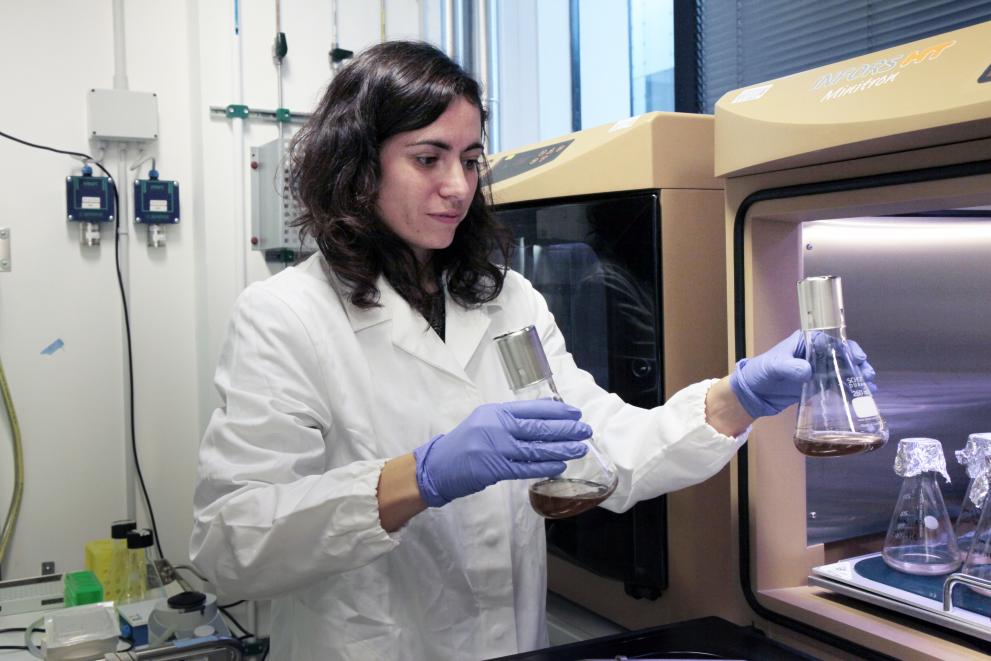
In the world of life science research, details matter. Making best use of published data, to understand diseases or to develop new medical treatments for example, depends a great deal on the ability of investigators to understand the sophisticated methods used by their peers.
However, many scientific papers lack essential details about the research methods employed. This severely limits the reuse of new methods by others, hinders the reproducibility of research results and ultimately erodes trust in scientific data.
Although the issue of inadequate reporting has been acknowledged and discussed for many years within life science circles, often being associated with poor reproducibility of research findings, efforts to address the problem until now have not been comprehensive and inclusive enough.
The JRC launched PRO-MaP (Promoting Reusable and Open Methods and Protocols) to bring together a broad cross-section of the life science community, from policy makers to publishers, to join forces and define means to increase and improve the open reporting of methods and reusable protocols. PRO-MaP supports the EU’s 'Open Science' and knowledge valorisation policies.
Recommendations set out in a newly published report outline actions that key stakeholder groups - individual researchers, research organisations, editors and publishers, and funders - can take to achieve Pro-Map goals.
These include:
- Cultural change. We need a cultural shift to reward and incentivise methods’ development and sharing of reusable, open methods and protocols. All stakeholder groups must act.
- Sharing reusable step-by-step protocols, and citing them in publications. Research papers should include links to reusable step-by-step protocols describing how methods were implemented.
- Protocols should be citable and shared on dynamic platforms. This allows versioning or forking as the protocol is adapted by its creators or others.
- Using methodological shortcut citations responsibly. Researchers should ensure that cited resources are accessible and contain a detailed description of the methods that the citing authors used.
Inadequate methodological reporting can degrade the value of published data and lead to the unnecessary repetition of studies. But when researchers share their methods with the right level of detail, it is easier for other scientists to replicate studies and verify results, providing sound foundations on which to build.
PRO-MaP can help improve the quality and efficiency of research and innovation, benefitting both science and society.
Related links
Details
- Publication date
- 18 July 2024
- Author
- Joint Research Centre
- JRC portfolios




